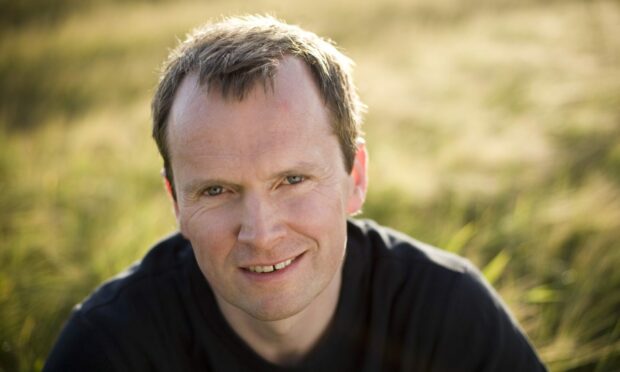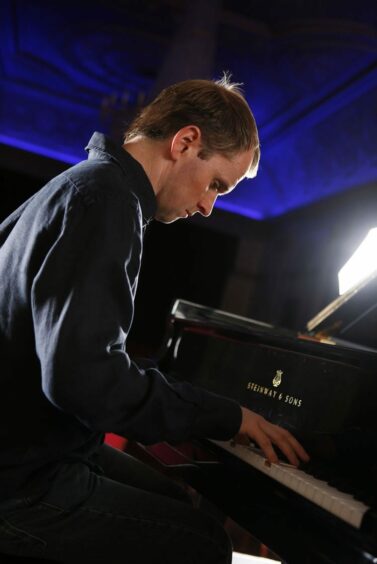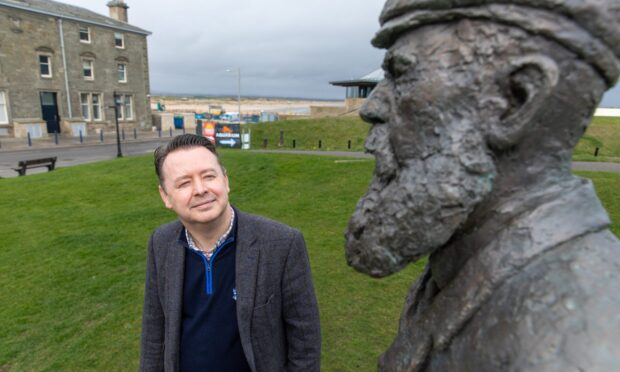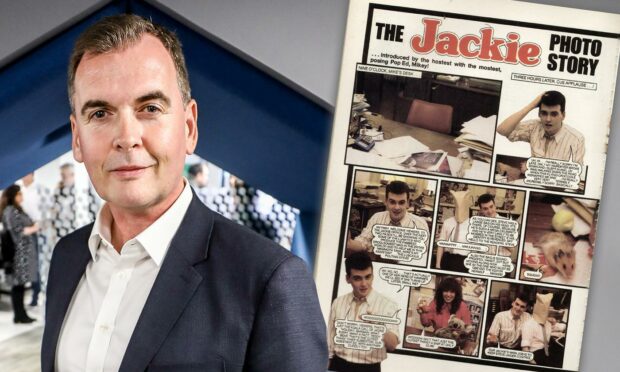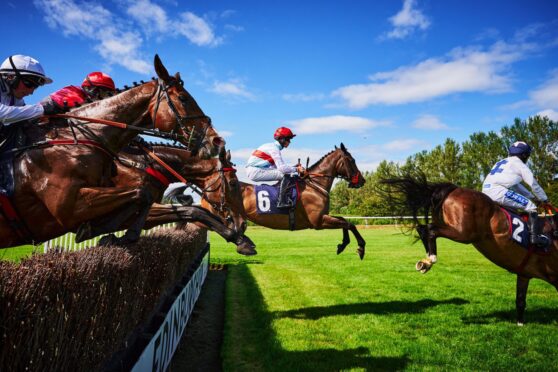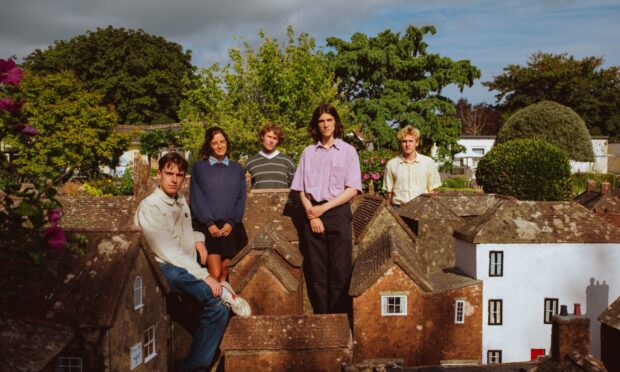If you missed out on any bonfire night celebrations on Saturday, there were fireworks a-plenty on Sunday afternoon in the Perth Concert Hall.
The musical version, that is, as pianist Steven Osborne supplied a sparkling display of keyboard pyrotechnics that exploded in a welter of amazing technique and enormous stamina.
That, from an audience point of view, led to a mixture of bewilderment and genuine admiration.
Like nothing before
I’ve heard Steven many times and have come to know him as a pianist extraordinaire.
However, his display of keyboard agility on Sunday eclipsed anything I’d seen or heard before.
This shake-your-head-in-disbelief state of affairs manifested itself in a quite stupendous tour de force that is Rachmaninov’s first piano sonata.
The work itself is phenomenal, but this was mirrored in Osborne’s equally phenomenal display.
Pianistic brilliance
If there was a device that measured notes per bar, it would have gone off the scale. And had there been a device to measure pianistic brilliance, it would have had equal difficulty in coping.
The outer movements certainly had the customary Osborne “wow” factor, but these were tempered by an equally customary flow of Rachmaninov melodic magic in the middle movement.
All told, it was 35 minutes of magic from both composer and player and I don’t think I’ve seen the hall’s concert grand being given such a stern examination, such were the demands asked of it by the composer and carried out by the soloist.
A quick rewind to another massive sonata, composed 80 or so years before Rachmaninov got to work. Franz Schubert finally exorcised the demon that was haunting him – a certain Mr Beethoven – with his A major sonata.
Not such a spectacle as that of the Russian counterpart, but he still conjures up a combination of fire and brimstone, delicacy and daintiness which Osborne’s marvellous skills exploited to the fore.
Memorable performance
I got the impression that in each of the five movements Schubert didn’t want to let go, but any sense of stretching things out suited me fine. And when the coda came – a welter of cascading semiquavers and crashing chords – it marked another significant chapter In the Osborne book of memorable performances.
There were two other works on the programme, one that set the scene for an amazing concert and one that ended the concert in a quiet and pensive mood, one that was a necessity after the Rachmaninov that dominated the second half the concert.
The musical amuse bouche was a Beethoven Bagatelle, one of his most accessible works for any pianist, never mind one of the stature of Osborne.
The final work was subdued, short and satisfying, his improvisation on a theme by American pianist and improviser Keith Jarrett. Both were ideal in topping and tailing any concert.
Steven Osborne has been a leading light on the concert platform for nigh on 30 years, but there’s no sign of his star diminishing. It still shines as bright as any beacon as Sunday’s performance demonstrated clearly, and gives the current range of pianistic wannabes something to aspire to. Aspiration, yes. Emulation – now that’s a tall order.
